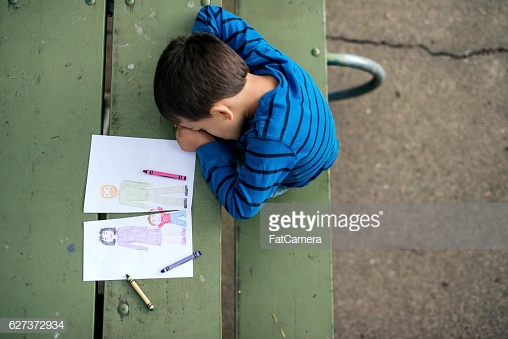More than 1,400 children in Medway are not treated as domestic abuse victims
By Karina Pavlova
Up to 1,407 children living with domestic violence in Medway are not currently recognised as victims, according to the NSPCC figures.
It was also revealed that more than 15,000 children across Kent are living in abusive households, and the charity is now urging government to recognise children as victims to ensure they get needed support.
Liza Thompson, the chair of Medway Domestic Abuse Forum, said: “These figures do not come as any surprise for me. These are children that we know about, of course, and I would suspect that may be a tip of the iceberg.
“In the domestic sector, we always recognise children in the homes with domestic abuse as victims rather than witnesses. We are very well aware that they experience abuse even if it is not targeted at them.”
The government’s proposed new statutory definition of domestic abuse ignores the consequences children may face when growing up with abusive family member, according to Mrs Thompson.
Although Department for Education figures show domestic violence was a factor in 246,720 child protection assessments across England, including 1,407 assessments in Medway.
Olivia from Kent – whose name has been changed to protect her identity – has been recovering from domestic abuse with help of Kent’s SATEDA charity, and said her son went through a very difficult time.
She said: “There was a long build up before my partner and I have separated. I tried to keep a lot of it away from my son, but obviously he used to see how his father used to act when he was drinking. He could witness how aggressive his dad was and this has changed his attitude.
“My son thought he could be rude and destructive, because his dad was as well. His overall self-esteem has dropped and he started self-harming because he could not cope with the pressure that was going on at home.
“Since his dad and I have separated, my son did a lot of counselling to help him with his attitude, his sleeping and aggression. I think he is more relaxed now knowing that his dad is not around.”
Natalie Collins, gender-justice specialist, said it is important to remember about the impact a household with abusive and controlling adult has on a child.
“When people experience childhood trauma it affects so many aspects of their adult life. It can increase risk of cancer, heart disease, physical health problems, they struggle to build relationships.
“If you look at the Children Act, there are definitions of child abuse and domestic violence victims, but because that sits within entirely different part of policy decision, it becomes problematic because it is easy to make a policy around domestic violence without thinking about children.”
Mrs Collins says legal recognition as victims of domestic violence would give children greater support through policy orders and specific services, and would also allow to count them into statistics which would recognise the prevalence of domestic abuse.

